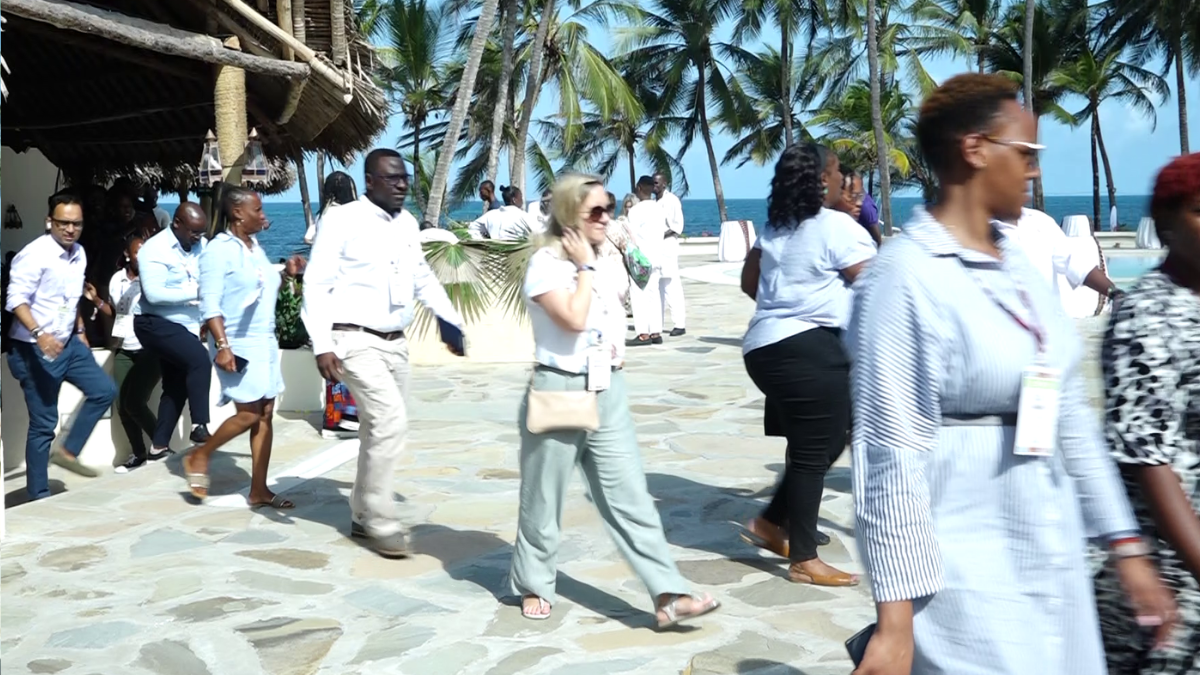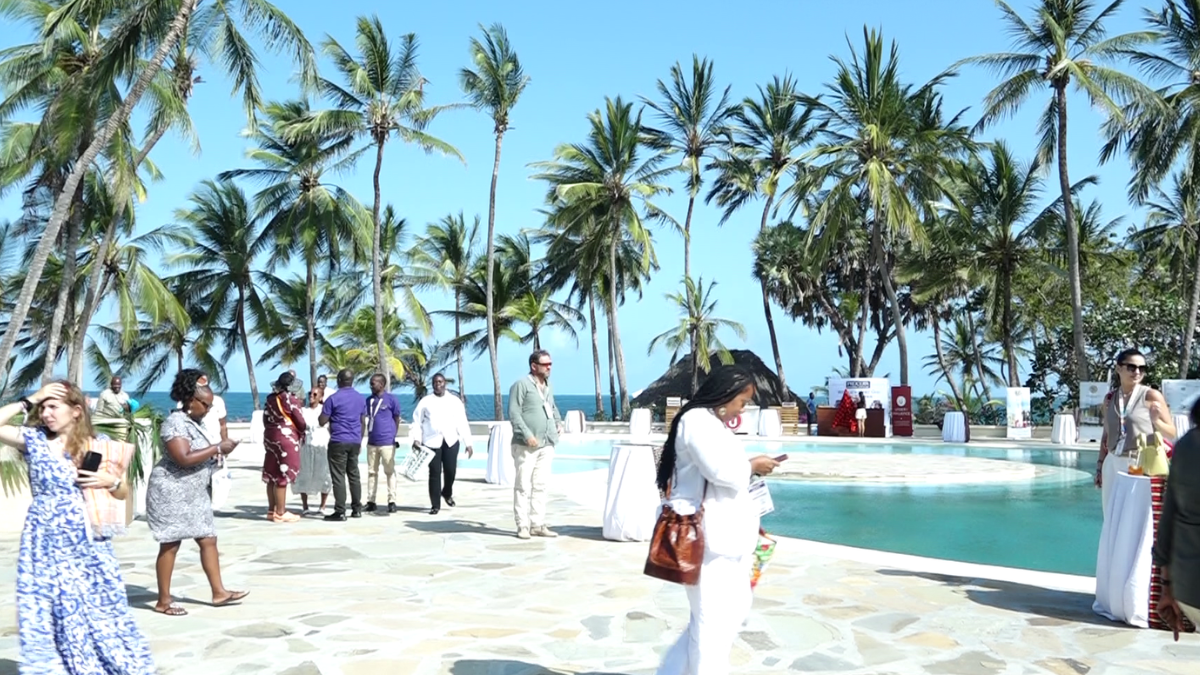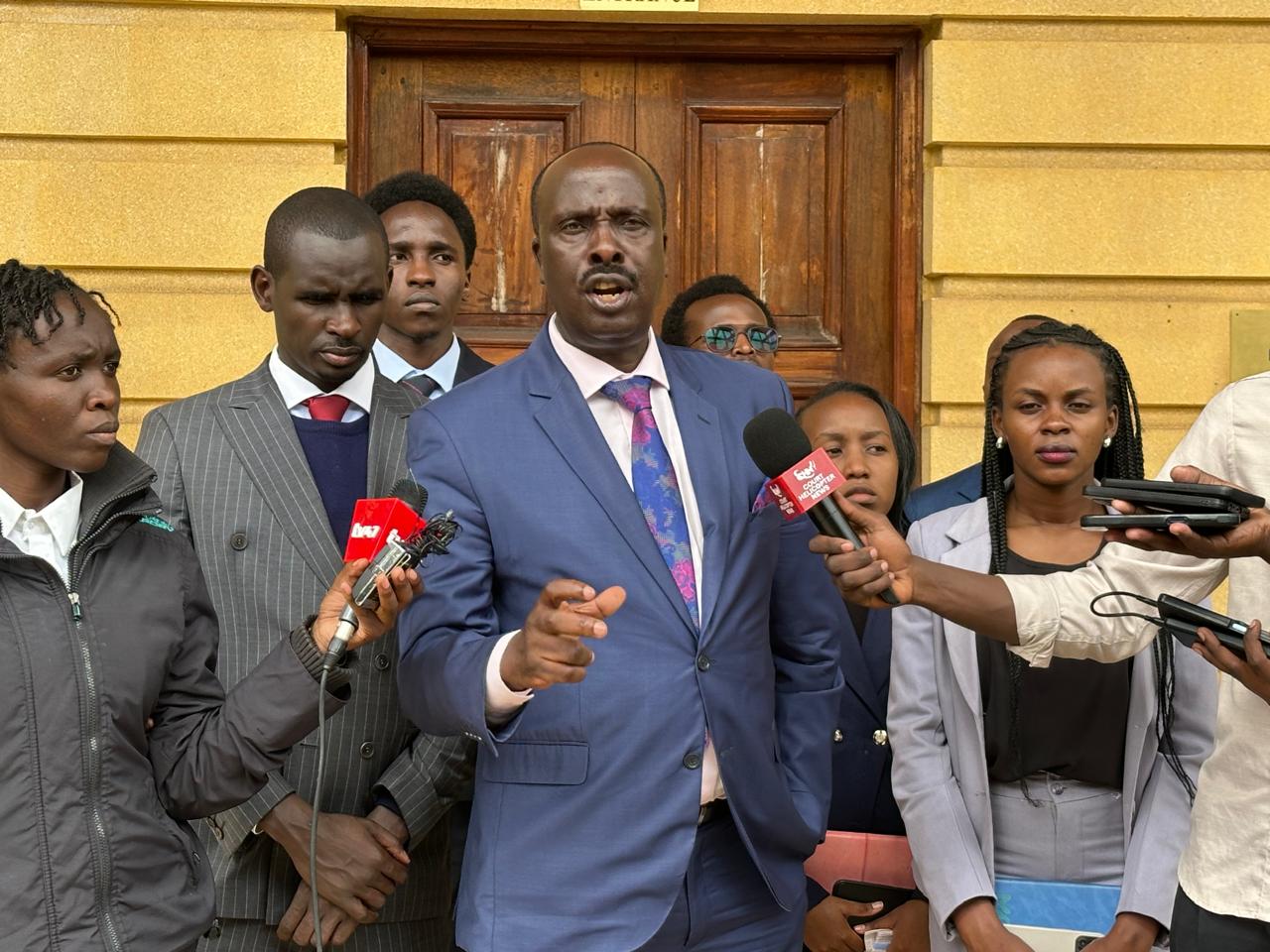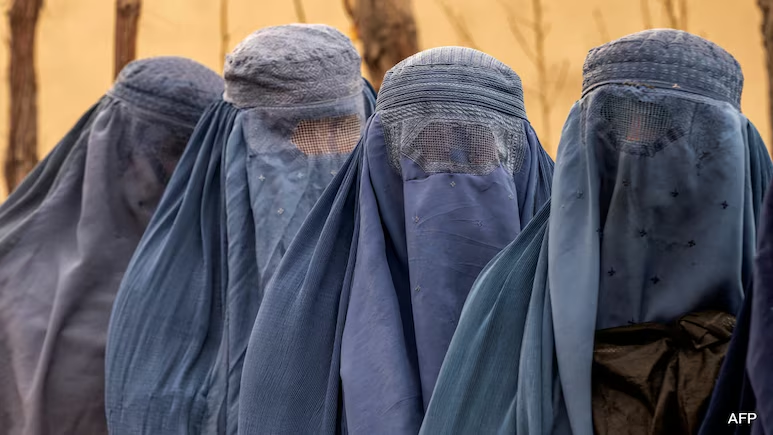Tourism players in Kenya and the African continent at large have been asked to embrace new tourism trends so as to attract global modern-day travellers.
They were told to package different tourism products according to the demands of different age groups and locations where the travellers come from.
For example, Gen Z have been described as requiring a unique package of tourism as research has shown they tend to travel for much longer periods and they work virtually.
This emerged during the beginning of the Essence of Africa 2025 three-day tourism forum which kicked off at Diamonds Malindi, which brought together 150 pre-qualified international buyers and 150 African exhibitors from over 40 countries.
Unlike older travellers who used to book up to two years prior to the date of travel, young travellers decide almost immediately when they wish to travel and where to go, staying longer as they can work from wherever they are virtually and share their experiences online.
To attract Chinese travellers, for example, tourism players need to be on WeChat and package their products strategically for that market, which is largely becoming enthusiastic about African travel, with Kenya and East Africa largely benefitting from them.
Kenya is hosting the Essence of Africa conference for the second time since last year, when the travel symposium was held in Nairobi. This year it’s in the coastal town of Malindi.
Paula Newton from Rethink Travel Marketing from Los Angeles, California, said it’s time African tourism players began working with the younger generation who will stay longer as they work virtually and are able to travel for up to two months.
“I also feel that the forward bookings are a lot closer with that generation. They are not booking two to three years out. They decide they want to go within three to five months, they are going, and they tell their friends about it on Instagram and WhatsApp. They are going to do a lot of advertising about the products,” she said.
Newton called on suppliers to look into that younger market and not focus on the fact that they would not stay in large resorts because they are more interested in experiences to feel they are really in Africa.
Andrea Landaeta, a travel agent from Sariri Terra in Brazil who focuses on travellers from Latin American markets and Mexico, described Latin America as an untapped goldmine.
“Both markets tend to book quite last-minute — ‘there’s Latin American time just like African time,'” Andrea joked, adding that this creates availability challenges, but also opportunities for operators who can be flexible with inventory management.

All panellists emphasised the need to educate about Africa as a continent, not a country.
“Mexicans often want to ‘do the whole of Africa in two weeks’ — from the Maasai Mara to Cape Town via gorilla trekking and Victoria Falls,” said Landaeta.
She revealed that Africa has moved to the top of Brazilian travel wishlists, but they’re expanding beyond the traditional South Africa focus.
“Brazilians are now exploring Botswana, Mozambique, even Uganda beyond gorilla trekking,” she explained. “The key insight? They’re seeking ‘luxury for purpose’ — high-end experiences that make a meaningful impact.”
Lin Yu from Travel World China said that to attract the Chinese market, a seller has to be on WeChat and package their products strategically to attract them.
“If you’re not on WeChat, you’re not talking to China. The platform isn’t just for communication; it’s how all content gets distributed. When suppliers send materials via Dropbox or SharePoint, we can’t open them in China,” she explained.
She said content for China has to be localised, meaning everything needs to be in Chinese and formatted for WeChat, adding that the auto-translation function is about 85% accurate, but visual-heavy content works best. AI tools can help, but one needs someone managing the content consistently.
“Post-pandemic, Chinese travellers are more sophisticated, seeking experiences over tick-box tourism. They’re willing to pay more for authentic experiences and are being educated about off-peak seasons through social media,” she said.
Yu said most Chinese travellers come in groups sharing rooms, but there’s growing demand for luxury family experiences, and called on tourism players to make sure they have enough rooms for groups but can also cater to high-end individual families.
Jacqui Reynolds, the co-founder of Essence of Africa, said African tourism stakeholders increasingly have a very big focus on sustainable tourism, eco-tourism, and responsible tourism because that’s what their international audience is looking for.
“So, when we put Africa forward, East Africa in particular, we have to drive the message of sustainability, and that’s really the reason for sustainable tourism in Africa,” she said.
She said research and market intelligence on what their audience is looking for shows that over 70 per cent in some markets are demanding sustainable tourism, and they must ensure they meet the demands of their travellers.
Kgomotso Ramothe, the African Travel and Tourism Association (ATTA) Chief Executive Officer (CEO) of Memberships, said they are trying to make sure that the buyers, the international travel agents, and the wholesalers have the capacity and range of accommodation options to choose from for their clients.
She said the Essence of Africa conference is an opportunity for connecting international buyers and sellers.
“You know, when you visit a place, it’s not about sitting on the beach. The beauty of Africa is that there is so much to learn from, there is so much to unearth, and you only get that by just talking to people on the ground,” she said.
She called on governments to facilitate more talent that comes through to showcase Africa in a positive light.
Kate Mwikali, the chairperson of Progress Welfare Association of Malindi (PWAM), said the event would inject about KSh 55 million into Malindi, as per business travel insights on how much a business traveller spends per trip, which is Ksh 110,000.
“With more than 300 participants here in Malindi, not even counting the multiplier effect from local traders, cultural tourism, religious tourism, adventure tourism, and transport, the money that is going to be left here is actually going to have a big effect on the people and the community,” she said.












